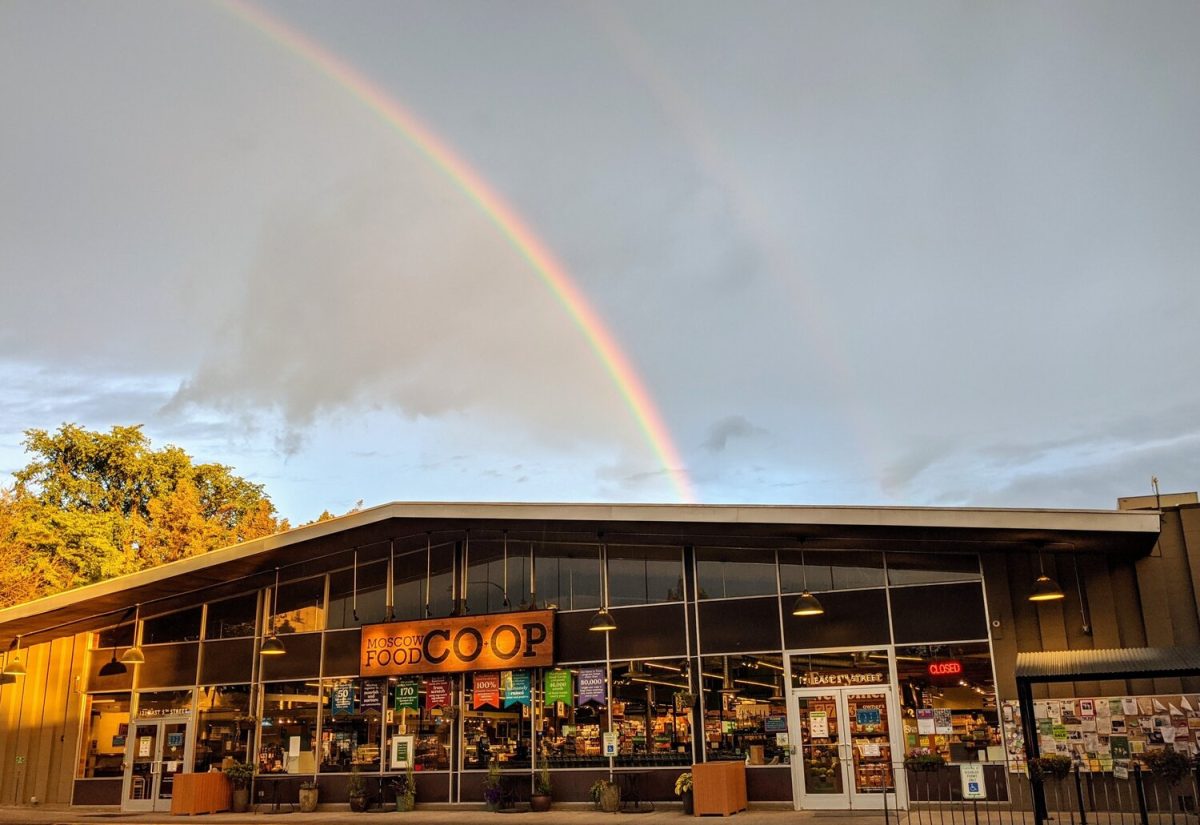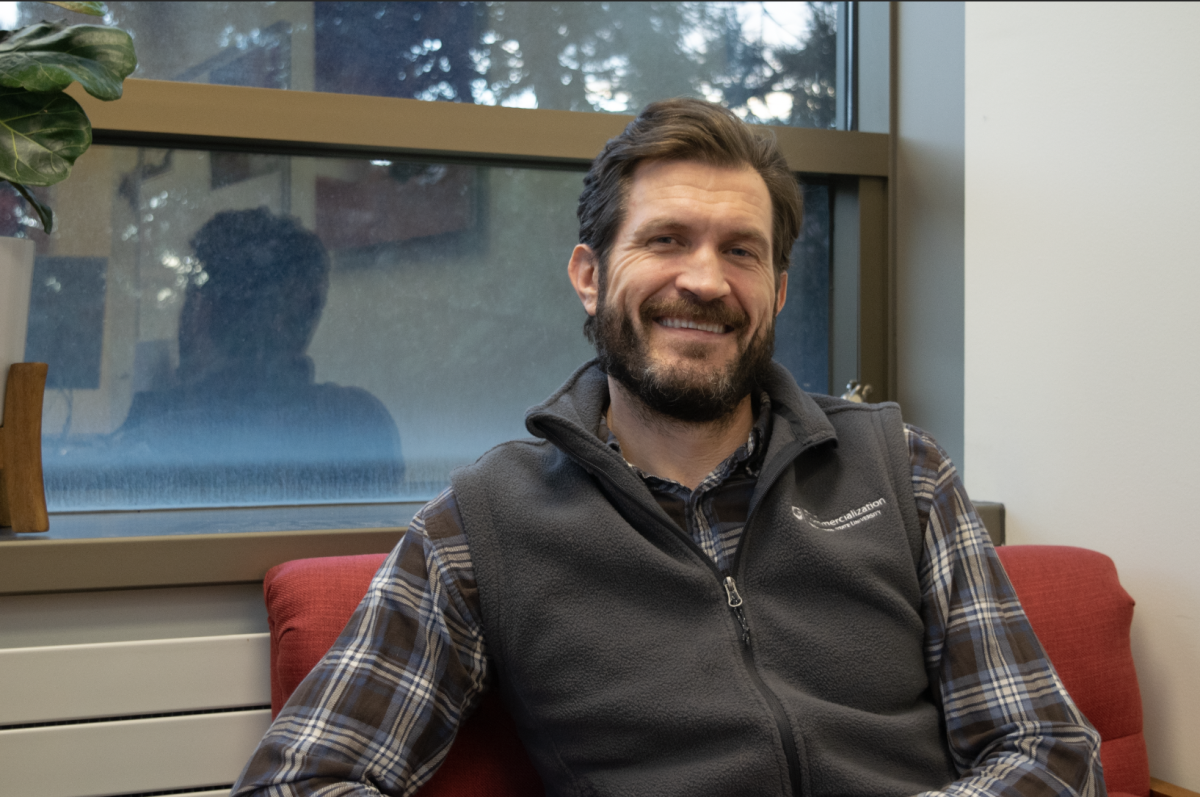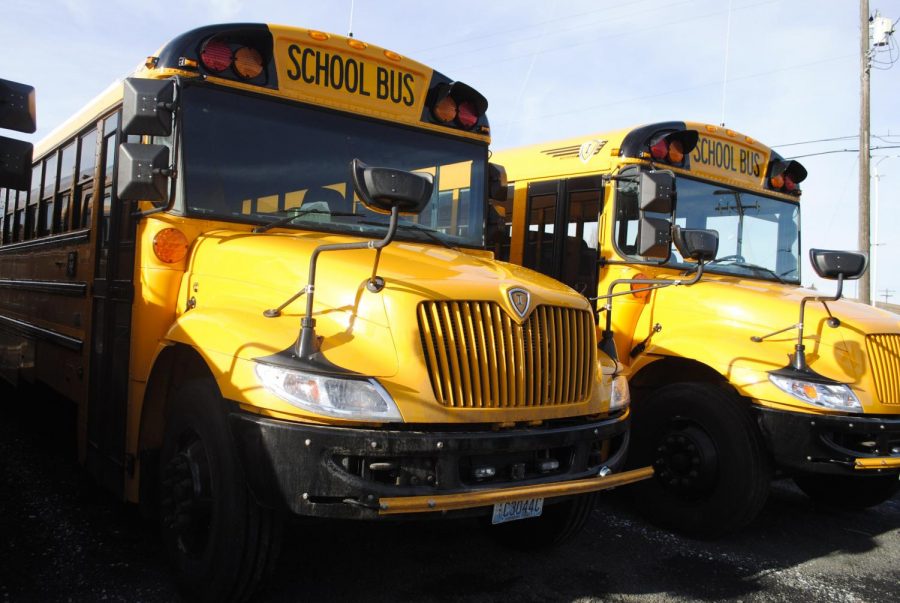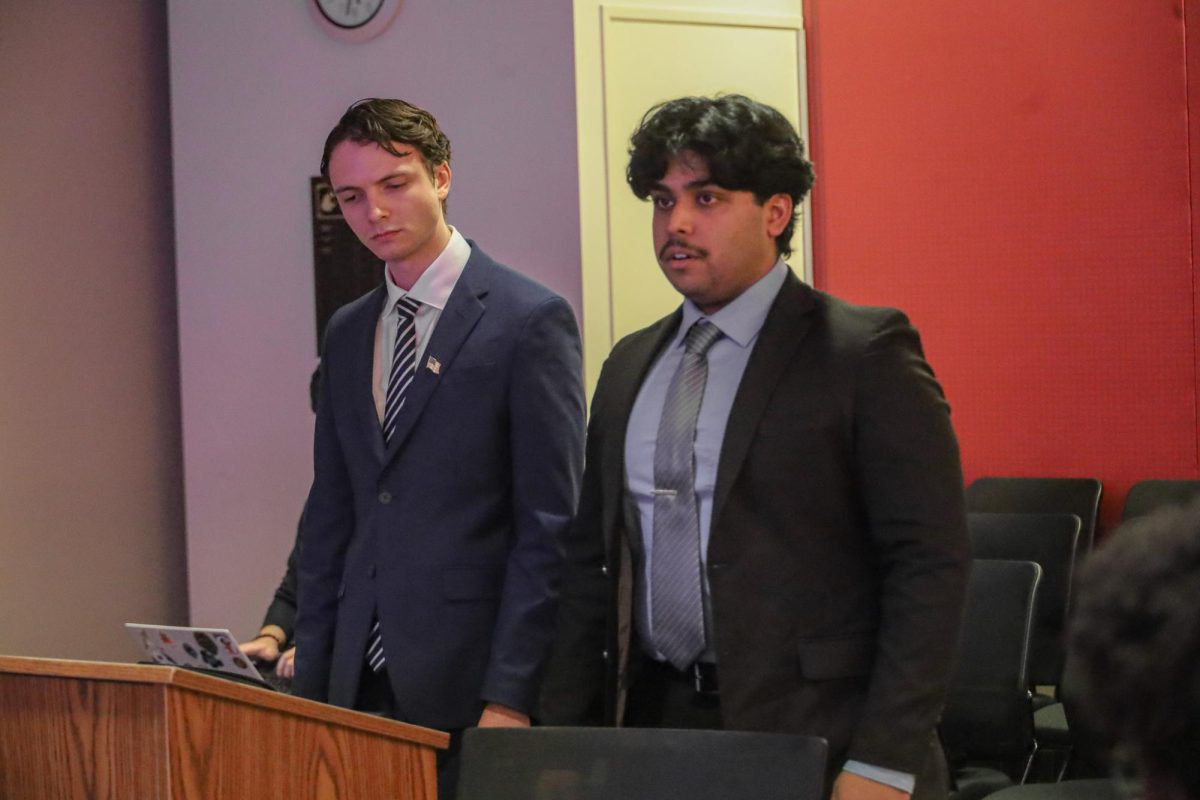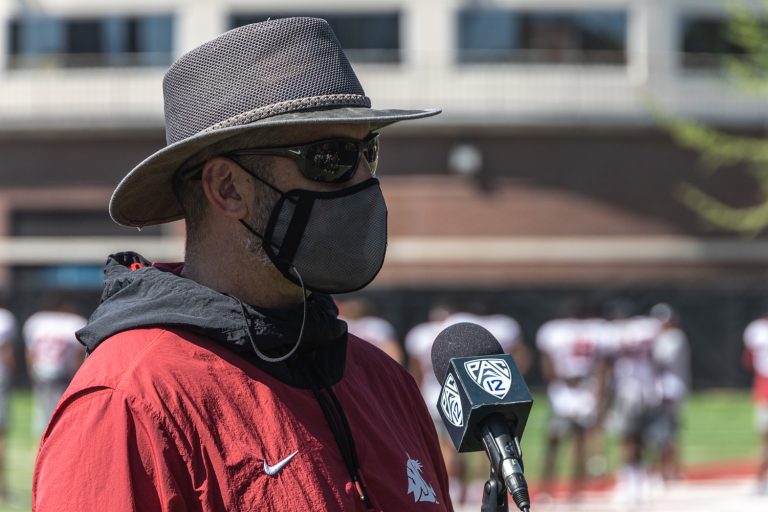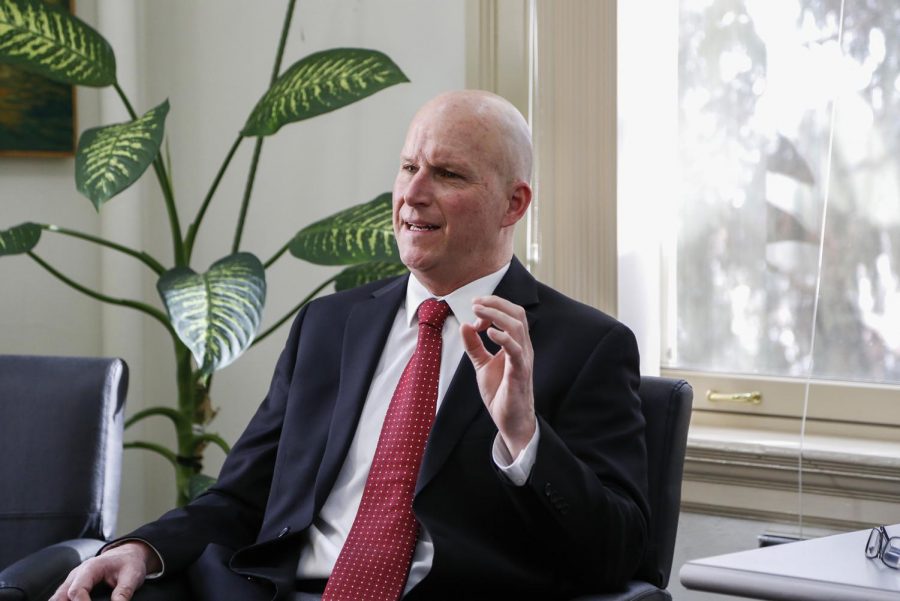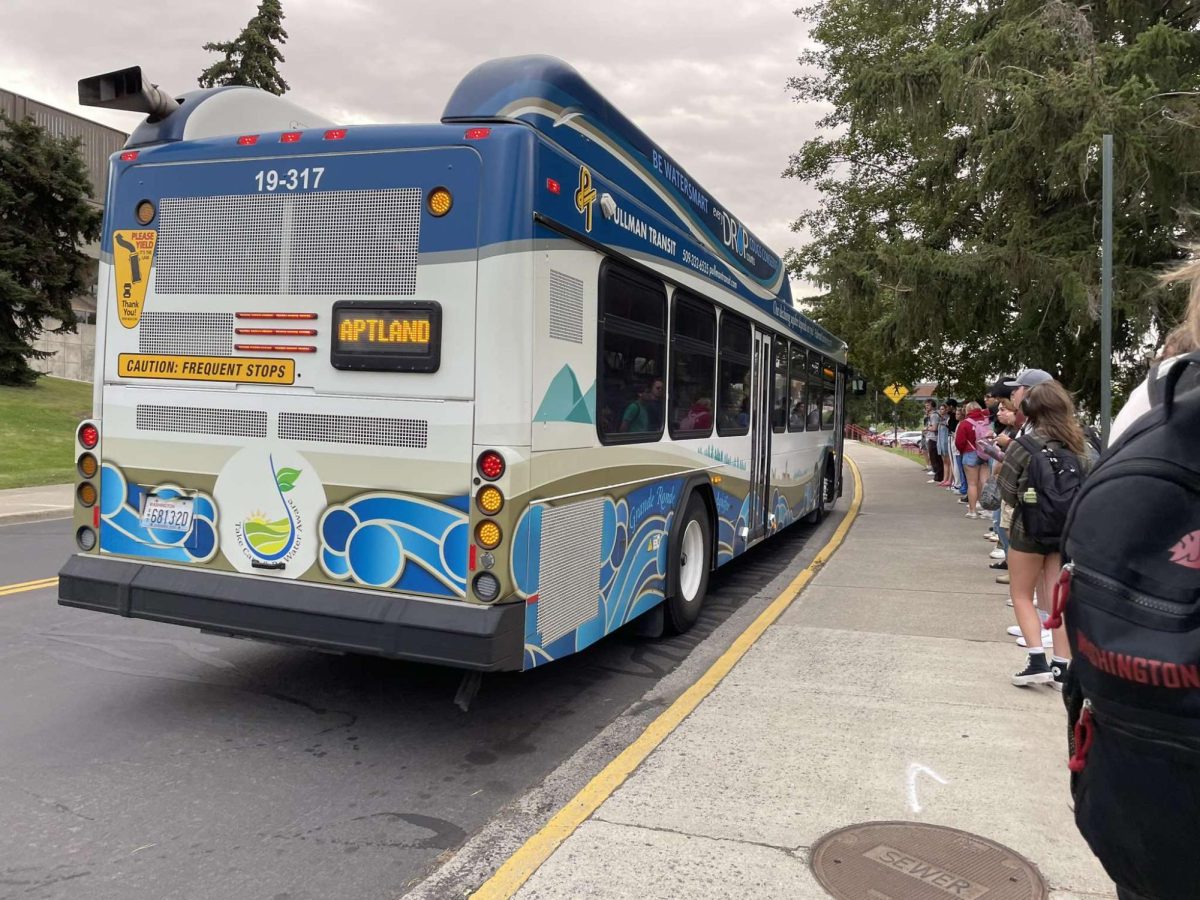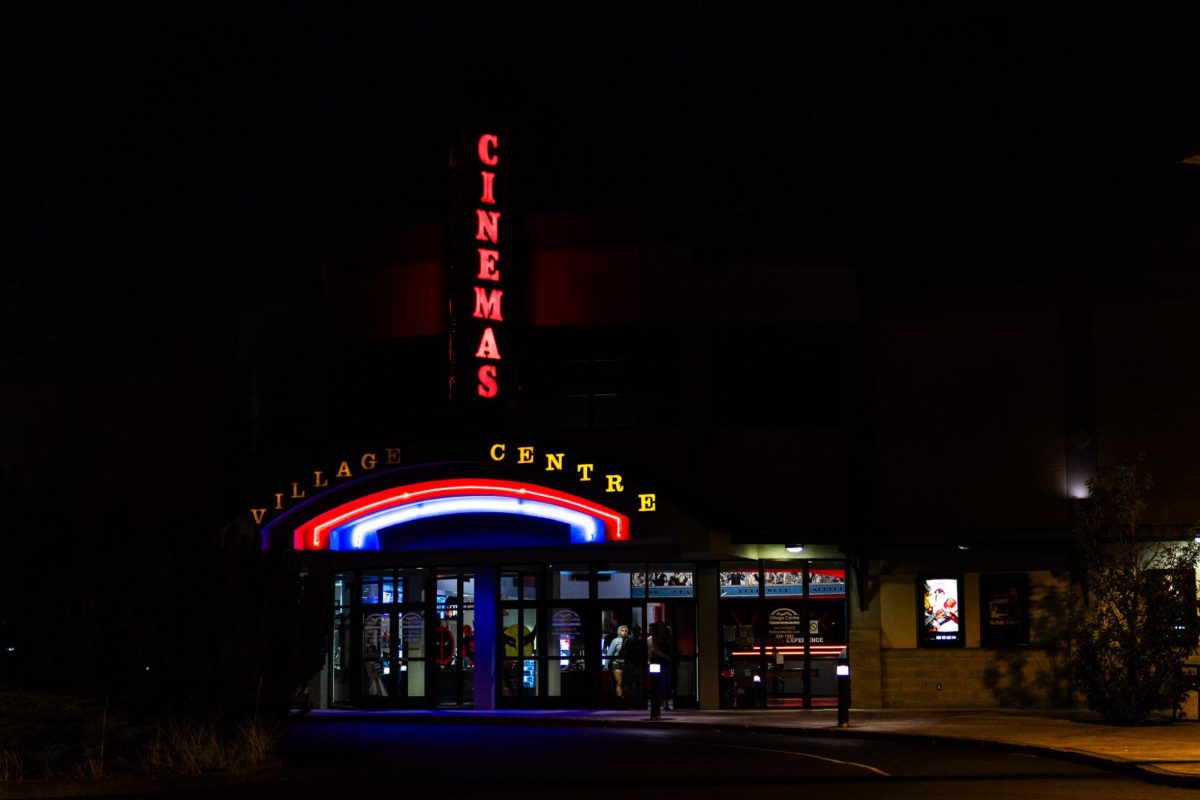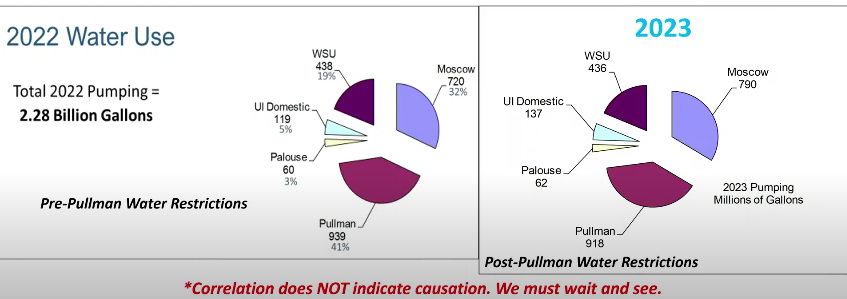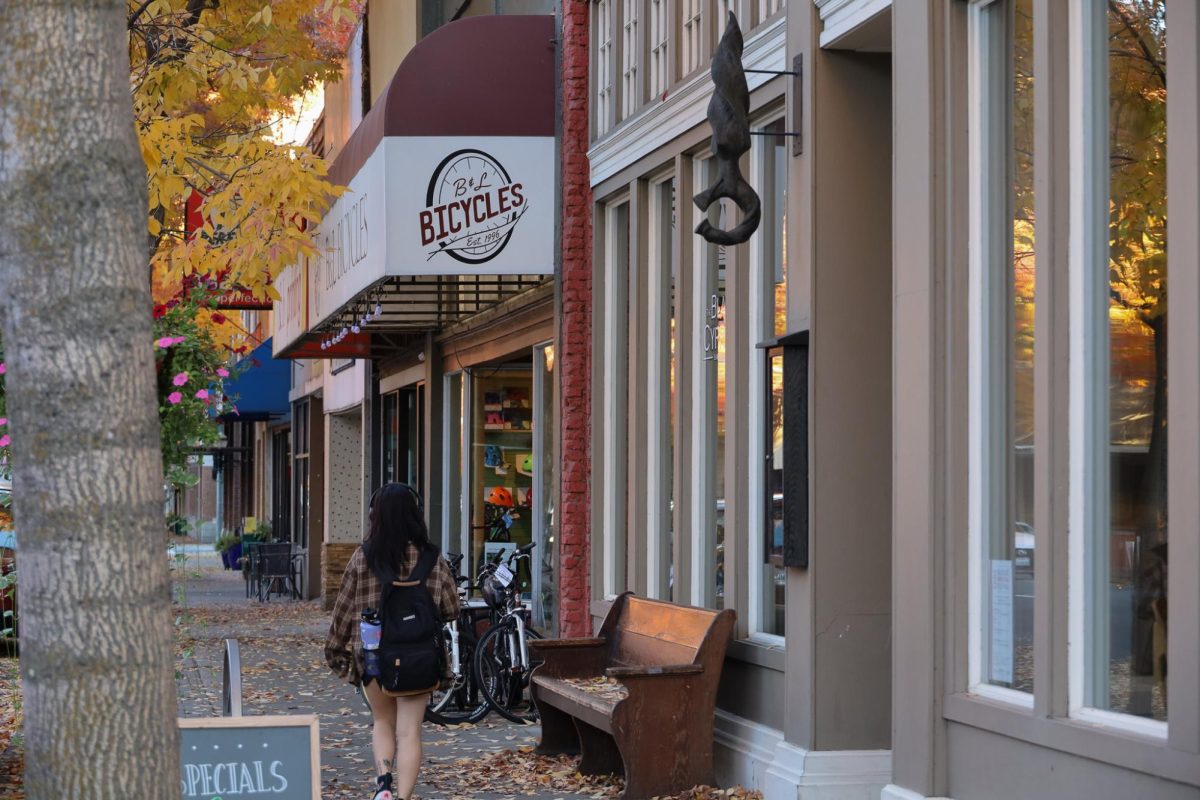The Moscow Food Co-op is celebrating 50 years of service to the community of the Palouse this year.
According to the co-op’s website, the store was founded in 1973 by a group of four friends with an inventory of peas, lentils, cheese, spices and other miscellaneous items.
In the 1970s, the price of fuel in the U.S. had gone up, and there was an oil embargo along with other political issues that resulted in the conception of the co-op. By definition, it is owned by the community, Board President Mark Thorne (they/them) said. Because of that, its benefits are reaped among the community members.
“A cooperative has a separate set of rules it has to abide by,” they said. “We have to have an annual meeting every year, we have to disclose financial information to members, and we have communication with our owners, which isn’t something you’d see Safeway, Walmart, or Rosauers doing.”
Additionally, the co-op places emphasis on local sourcing of produce, meat, and other items which are stocked at the store, Thorne said.
“We’re a part of this integral community, so we’re very focused on carrying the local products and supporting local businesses,” they said.
The co-op earned over $1 million this year in sales of local goods and services, which significantly contributes to the financial growth of the city of Moscow, Thorne said.
“That’s the money that was spent locally, and went back locally,” they said. “So it keeps the money in the system here, it doesn’t go some place across the country. So that’s really the key.”
In efforts to help combat food insecurity and give back to members of the community, the Moscow Food Co-op has also launched community-based programs, such as FLOWER, EcoToGo Moscow and Change For Good, they said.
“FLOWER provides a discount to people who are eligible for SNAP, Wic, or Medicaid, and it gives them 20% off their purchase every single time,” they said.
EcoToGo and Change For Good are both community-based environmental programs that work to increase sustainability in Moscow, Thorne said, along with the year-long donation jars present at the cashier which raise money for various charities and causes.
“Sometimes they’re supporting the transit system, or the Palouse Conservation Environmental Institute, and food that can’t be sold sometimes goes to the food bank or local farms,” they said. “It’s those kind of activities that really benefit the community.”
Jose Altamirano, WSU senior English and secondary education major, said he has lived in the city of Pullman for the past five years and first learned about the co-op in the fall of 2020.
Altamirano had been living in Pullman for three years already amidst the pandemic when he first heard about the co-op from a close friend who used to go to the store to buy groceries, he said. His friend did not drive at the time, so she asked Altamirano if he would do her a favor and drive her there.
“We grabbed our masks and we went there, and I was like ‘This place is so cool.’ They had some crazy vegetables that I’d never seen, and I took a whole bunch of pictures on my phone,” Altamirano said. “And then I just kept going there.”
Altamirano said that he visited the co-op almost weekly in 2020, during the height of the pandemic. Although it was a turbulent time, he said the co-op became a place he was always excited to visit.
“I would call it one of my happy places,” Altamirano said. “I really do believe that.”
Although he has now grown busier with classes and does not have the opportunity to visit the store as often as he would like, Altamirano said he still greatly values the co-op.
“I kind of spread out my visits more now, because every time I go, it doesn’t lose its magic,” he said. “I love walking into the produce area and seeing all the vegetables and fruits there because they’re always fresh and organic.”
Altamirano said that the co-op offered a feeling of solace in a stressful and scary time during the pandemic when mask mandates and social distancing were still greatly in effect.
“It was a scary moment in time for all of us. So getting to go there, even if it was masked up, it was great to experience a place that just genuinely made me feel good,” he said. “It made everything seem better than it was, and it brought me a sense of comfort that I really needed during that time.”
Altamirano said that based on his own experience and the experiences of other shoppers at the co-op, he believes that the store is a central part of the Palouse that provides people with the opportunity to be more sustainable and create a lasting impact in the community.
“I think it just offers a great opportunity for people who are trying to venture into more organic consumption, more of a way for them to support local vendors and farmers,” he said. “It’s a great way to start because you’re giving to the community and the community’s giving to you when you shop at the co-op.”

